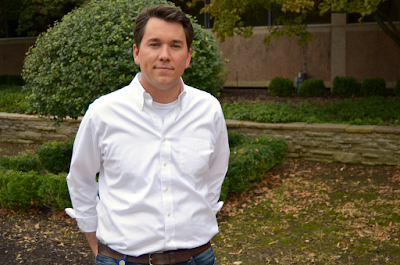This week in my livestock class I was stressing out and
spending thousands of paper money dollars buying cattle, or trying my best to
as, MAN, that dude can talk FAST. This was for a simulation of how buying and
selling cattle would be in the real world. Our auctioneer was a pro, and in
five seconds he could look at a lot of cattle and give you per pound price to
the cent. As he was talking about factors he took into consideration, he
mentioned the COOL repeal. I’ll give you a quick rundown on what COOL is. For
starters, COOL stands for Country of Origin Labeling. This is a labeling law
requiring retailers to give information of the origins of certain foods. The
repeal was finalized February 18th, 2016 with President Obama
signing the Government Funding Bill into Law.
So, what does this mean for consumers and producers?
There are two solid sides to viewing this and according to
Farm and Ranch guide, “it’s messy.” Real quick before we dive into this, here
is some background information. COOL was a problem for Canada and Mexico as
they would sometimes be discriminated against and lose money on their products.
So, they filed complaints, the World Trade Organization’s gave their permission
to impose tariffs on U.S. products. This is estimated to be up to, or even
over, a billion dollars. This is not yet a set number though.
Okay, on one hand, some people do not like the repeal. These
individuals simply wish to know where their food comes from, and from there
they can chose if they want to “buy American.” To an extent, this also is an
extra safety net for preventing any diseases from entering and becoming health
concerns.
On the flip side, there are arguments for the repeal. There
are the tariffs that concern many of them as that is a rather huge number of
dollars. Some feel that COOL has been used much more heavily for marketing, as
opposed to being used for issues such as food safety. By having to label
everything, there is an increased amount of paperwork for packers and
processing plants. This also has hurt import numbers because of the extra
record keeping necessary and additional costs imposed.
As I was spending $750,000 (give or take) for my cattle
buying simulation in class last week, I did not realize the potential influence
this could have. It is important that you do your part in being informed and
analyzing all sides of the story. If you want to read more, feel free to check
out my sources, or also many others!
Your (not) future auctioneer,
Milea









